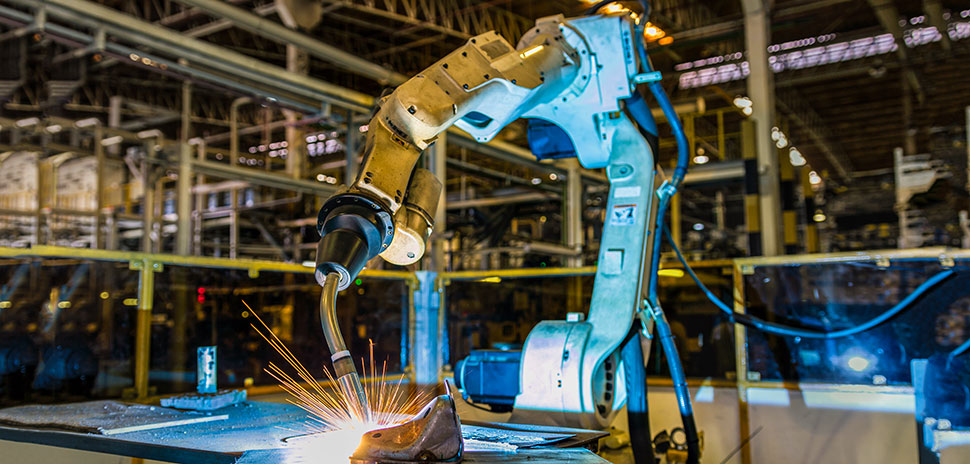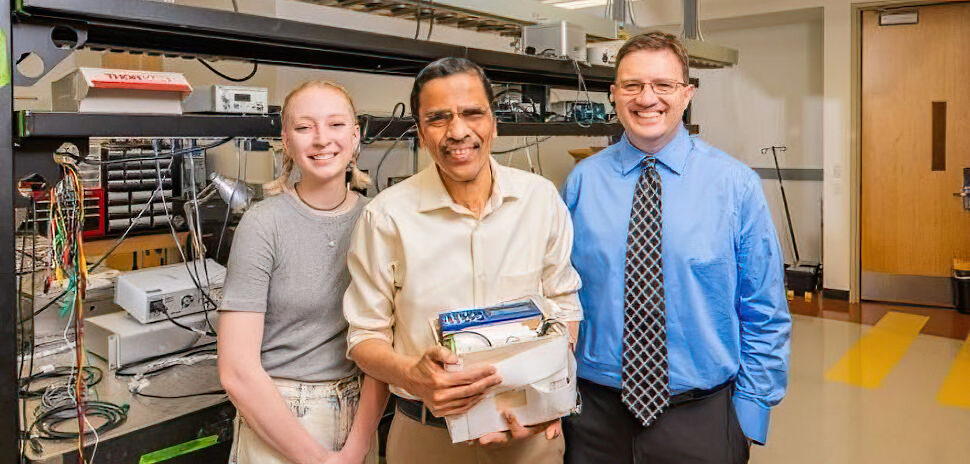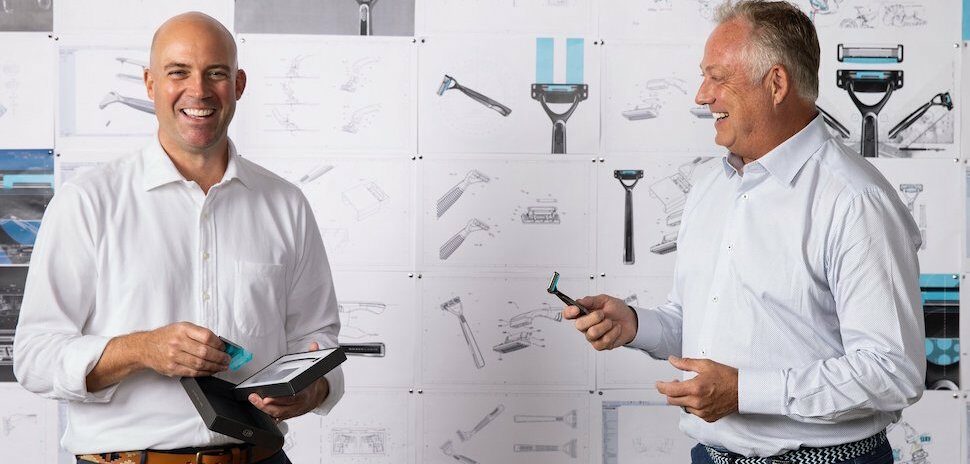A University of Texas at Arlington researcher is paving the way to a sustainable relationship between humans and robots.
Fillia Makedon, a professor in the Department of Computer Science and Engineering at UTA, will spearhead a research team using a $999,638 National Science Foundation grant to create iWork, according to the university.
UTA described iWork as a robot-based system that will assess workers’ — both human and non-human — cognitive, physical, and collaborative skills as they perform manufacturing tasks and inevitably work safely alongside each other.

Fillia Makedon will lead a research team to create iWork. [Photo: UTA]
“iWork will assess and train both human workers, as well as robot co-workers as they collaborate, producing personalized, low-cost vocational training solutions that have huge economic and societal impacts and affect many economic sectors,” Makedon said in a release.
The training operates through a closed loop cycle containing four phases: “assessment, recommendation, intervention, and evaluation,” according to the university. At the end of each loop, the system personalizes a solution for the worker.
The new assessment tool is just one project in Makedon’s studies to find the best ways to train and prepare workers for working alongside advanced robots.
“These projects are advancing knowledge in human-robot interactions that will lead to training improvements for workers, including those with minor disabilities, to interact effectively and safely with robots, which will boost the manufacturing industry’s ability to hire employees and be sure their training is adequate,” UTA vice president for research, Duane Dimos, said in the release.
Dallas Innovates, every day
One quick signup, and you’ll be on the list.
View previous emails.












![Pudu offers many commercial service robots. Free 1-week trials of the PuduBot food delivery robot (far right above) are being offered to Dallas restaurants for a limited time. [Image: Pudu Robotics]](https://s24806.pcdn.co/wp-content/uploads/2021/11/Pudu-Robotics-970x464.jpg)

























































